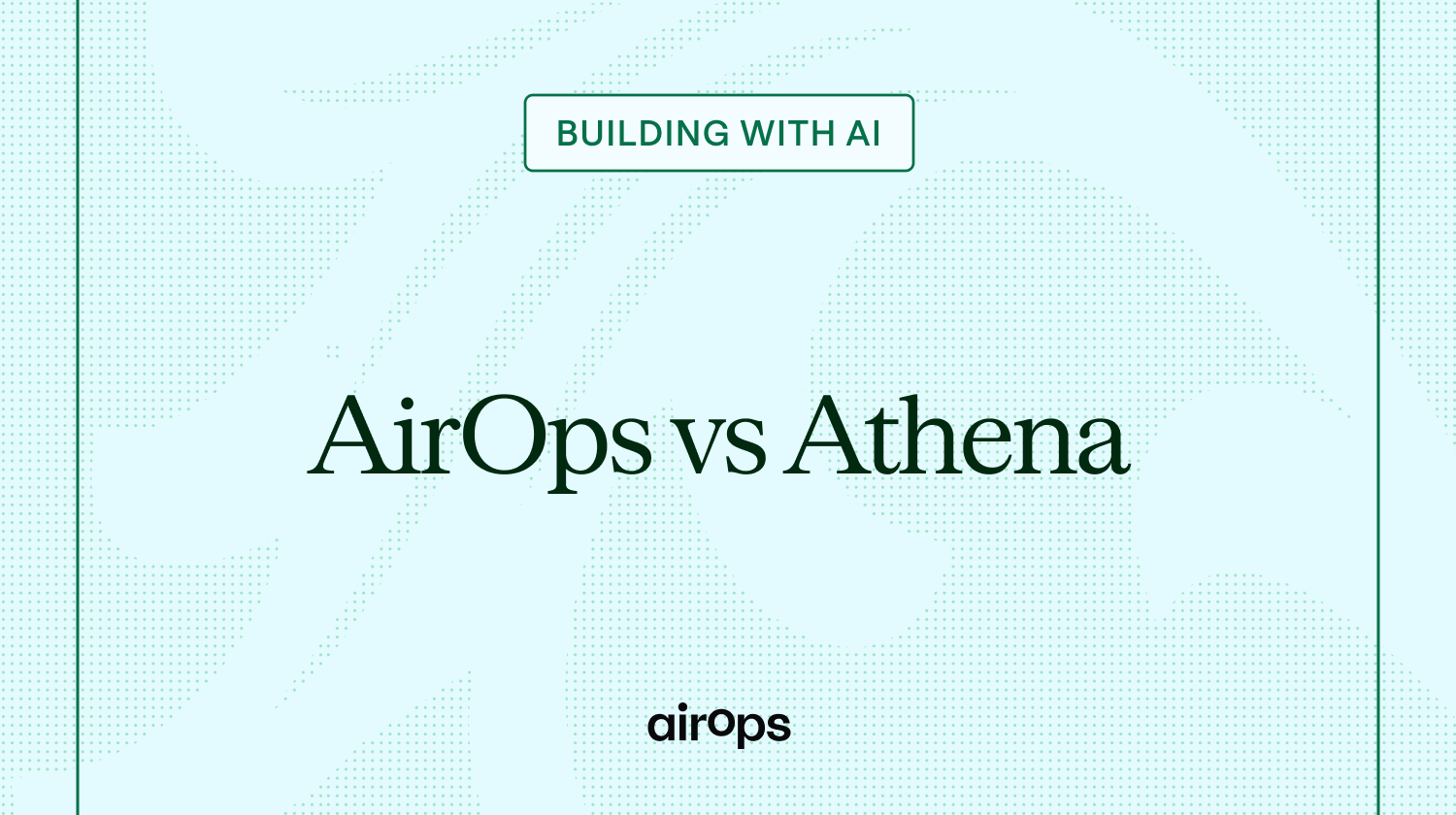Local Business Schema Markup Example

- LocalBusiness schema helps search engines understand and display your business details, boosting local search visibility.
- Adding structured data can increase the chances of local businesses appearing in rich results, local packs, and knowledge panels.
- For local business schema, Use JSON-LD, keep schema data accurate, and pair it with optimized content for maximum SEO impact.
Local business schema markup is one of the most effective technical SEO tactics for improving local search performance.
By adding structured data to your site, you help search engines understand your business details and display them prominently in rich snippets, knowledge panels, and Google local packs.
This guide explains what LocalBusiness schema is, why it matters for local SEO, and how to implement it using best practices and real-world examples.
What is Local Business Schema?
Local business schema markup is a type of structured data defined by Schema.org that communicates key details about your business—such as name, address, phone number, hours, and location—to search engines.
How it enhances search:
- Displays rich snippets with hours, reviews, and directions
- Integrates with Google Maps via geo-coordinates
- Improves presence in knowledge panels and local pack results
Recommended format: JSON-LD (JavaScript Object Notation for Linked Data)
Pro-Tip: Always test and validate your markup using Google’s Rich Results Test.
Why Local Business Schema Matters for SEO
According to Google’s Local Business Structured Data Guidelines, well-implemented schema improves both search representation and user trust.
Key benefits include:
- Increased Visibility: Rich results stand out and attract more clicks.
- Improved Local Rankings: Structured data can strengthen relevance signals for local search.
- Trust & Click-Through Rates: Displaying reviews, ratings, and hours directly in search results builds user confidence.
Types of Local Business Schema
- LocalBusiness: Primary schema for physical or service-area businesses; includes NAP (Name, Address, Phone), geo-coordinates, hours, and reviews.
- PostalAddress: Specifies detailed address fields.
- GeoCoordinates: Defines latitude and longitude for precise location.
- OpeningHoursSpecification: Lists business hours, including holidays and special openings.
- Specific Subtypes: Choose the most accurate category (e.g., Restaurant, AutoRepair, MedicalClinic) for better contextual matching.
Required & Recommended Properties
Required properties:
- name – Official business name
- address – Full PostalAddress
Add these additional properties for maximum impact:
- telephone
- openingHoursSpecification
- geo (latitude & longitude)
- url (official website)
- logo and image
- aggregateRating
- sameAs (social profiles)
How Schema Fits Into Local SEO
LocalBusiness schema works best alongside a complete local SEO strategy. Optimize your Google Business Profile, maintain consistent citations, and pair schema with localized landing pages.
Actively managing reviews further reinforces the trust signals that schema markup highlights in search results.
How to Implement Local Business Schema
1. Identify the Correct Schema Type
Select LocalBusiness or a relevant subtype (e.g., Restaurant, AutoRepair) for better search context.
2. Gather Business Information
Ensure name, address, phone, and hours match all online citations, including Google Business Profile.
3. Generate JSON-LD Code
Use schema generators such as AirOps tools to speed up creation.
4. Add Schema to Your Website
Place the JSON-LD in the head section or via your CMS schema settings.
5. Test & Monitor
Validate with Google’s Rich Results Test and track impressions and CTR in Search Console.
6. Implement Advanced Optimization Tactics
Once the basics are in place, enhance your markup with additional schema types like Product, Service, or Event when relevant.
Include AggregateRating for reviews, areaServed for service businesses, and rich media properties like logo and image for visual impact. Keep your schema updated as business details change to maintain accuracy.
Local Business Schema Example (JSON-LD)
{
"@context": "https://schema.org",
"@type": "LocalBusiness",
"name": "Jeff's Auto Repairs",
"image": "https://example.com/logo.jpg",
"address": {
"@type": "PostalAddress",
"streetAddress": "123 Main St",
"addressLocality": "Anytown",
"addressRegion": "CA",
"postalCode": "90210",
"addressCountry": "US"
},
"telephone": "+1-555-555-5555",
"url": "https://example.com",
"openingHours": [
"Mo-Fr 08:00-17:00",
"Sa 09:00-14:00"
],
"geo": {
"@type": "GeoCoordinates",
"latitude": "34.052235",
"longitude": "-118.243683"
},
"aggregateRating": {
"@type": "AggregateRating",
"ratingValue": "4.5",
"ratingCount": "100"
},
"sameAs": [
"https://www.facebook.com/jeffsautorepairs",
"https://twitter.com/jeffsautorepairs"
]
}Common Mistakes to Avoid with Local Business Schema
Many businesses implement schema incorrectly, which can limit its effectiveness or cause rich results to disappear.
- Using outdated or incorrect business information – This creates trust issues for both users and search engines.
- Leaving out recommended properties – Minimal schema reduces your chances of triggering enhanced search features.
- Mismatched citations – Inconsistencies between schema, Google Business Profile, and directory listings can confuse search engines.
- Incorrect nesting or syntax errors – Poorly formatted JSON-LD can invalidate your markup.
- Marking up content not visible on the page – This violates Google’s guidelines and risks a manual action.
Tips for Optimizing Local Business Schema Markup
Implementing schema is a strong start, but the real value comes from maintaining and refining it over time. These best practices ensure your LocalBusiness markup delivers maximum local SEO impact.
Keep Information Accurate and Current
Review your schema regularly to ensure all details—business name, address, phone number, hours, and services—are correct. Outdated or inconsistent information can confuse both search engines and customers, harming trust and local rankings.
Choose the Most Specific Schema Type
Select the schema subtype that best represents your business. For example, a restaurant should use the Restaurant type instead of the broader LocalBusiness. Specific types help search engines match your business with the most relevant searches.
Include All Relevant Properties
Go beyond the required name and address fields. Adding properties like telephone, openingHoursSpecification, geo, url, logo, and image creates a richer, more engaging search result and strengthens relevance signals.
Maintain Consistency Across Citations
Your schema details should exactly match your Google Business Profile, directory listings, and any other citations. Consistency reinforces accuracy, builds trust, and improves search engines’ confidence in your data.
Pair Schema with Optimized Content
Schema markup enhances how search engines display your information, but content determines whether users engage. Ensure your landing pages are well-written, keyword-optimized, and aligned with search intent. A rich snippet might win the click, but compelling content keeps visitors on your site and drives conversions.
Use Free Schema Resources for Validation
These valuable schema resources are completely free and can help validate your implementation:
- Schema.org - The official vocabulary for structured data markup
- Google's Rich Results Test - Test your schema implementation
- Google's Local Business Structured Data Guidelines - Official documentation from Google
Maximizing local SEO with schema markup
LocalBusiness schema is one of the most effective technical SEO tools for improving local visibility.
By providing structured, accurate, and consistent business data, you make it easier for search engines to showcase your details in rich results, local packs, and knowledge panels.
Pairing well-implemented schema with optimized, high-quality content ensures you not only attract more clicks but also convert those visitors into customers.
Regular updates, thorough testing, and alignment with your broader local SEO strategy will keep your business competitive in both traditional and AI-driven search.
How AirOps Can Help with Local Business Schema
AirOps enables you to implement and maintain LocalBusiness schema at scale—ensuring every location and landing page has complete, accurate, and search-optimized structured data.
Our AI-powered workflows generate JSON-LD markup, keep it synced with your live business data, and pair it with fully optimized content to maximize both visibility and conversions.
Whether you’re refreshing a single page or rolling out updates across hundreds of locations, AirOps makes it seamless. Book a strategy session to see how AirOps can help your business dominate local search.
Win AI Search.
Increase brand visibility across AI search and Google with the only platform taking you from insights to action.
Get the latest on AI content & marketing
Get the latest in growth and AI workflows delivered to your inbox each week
.avif)




